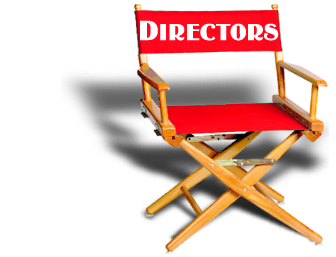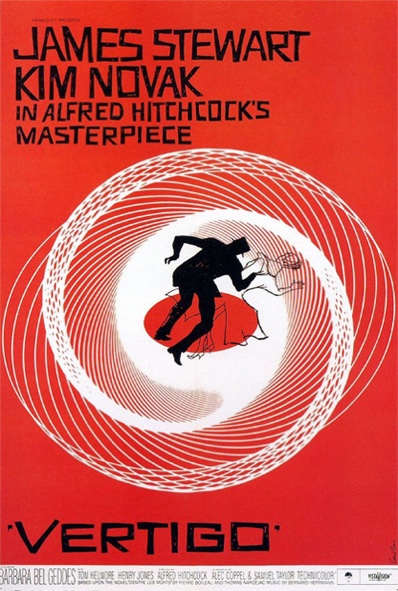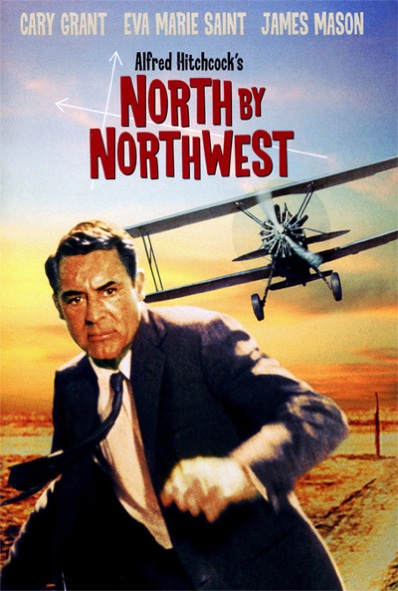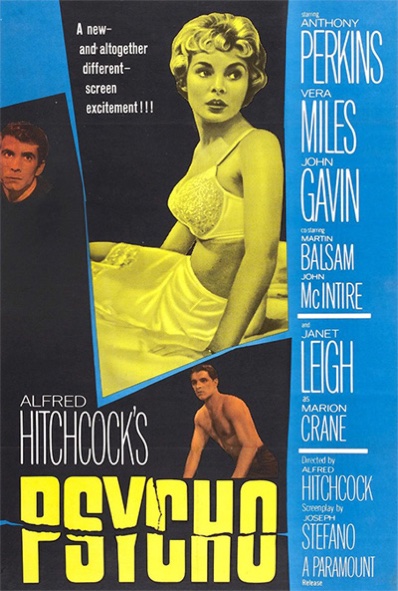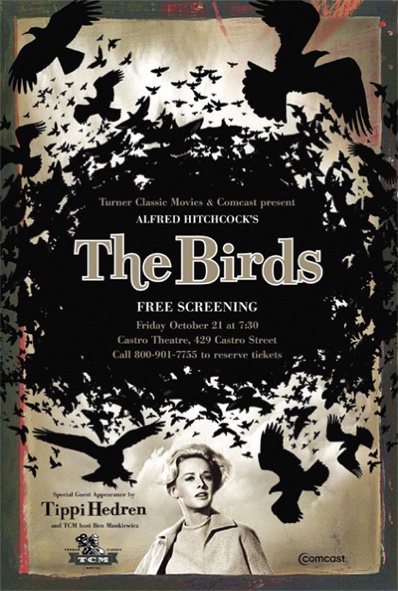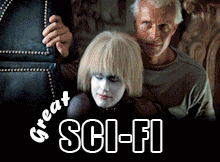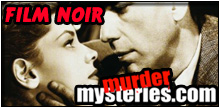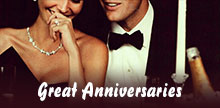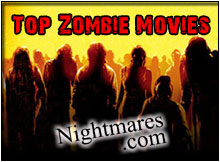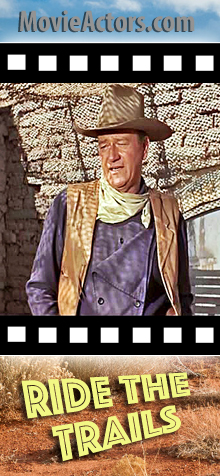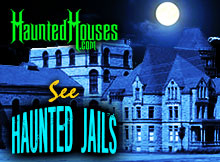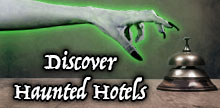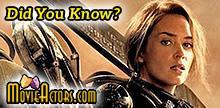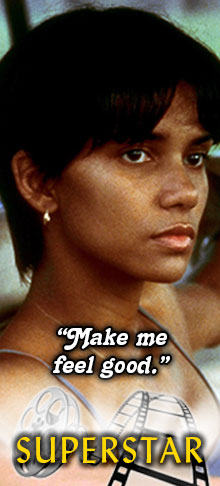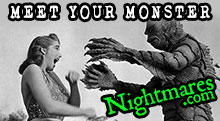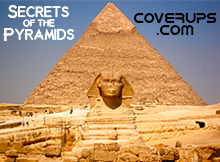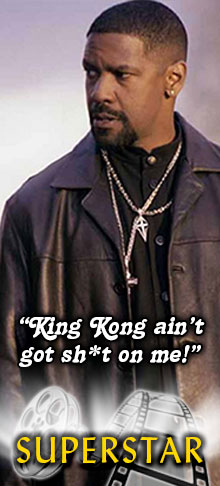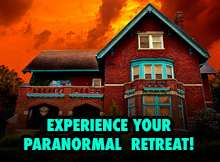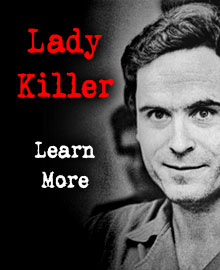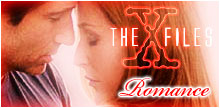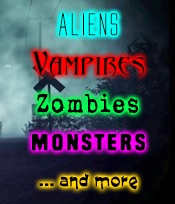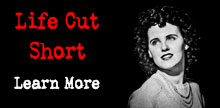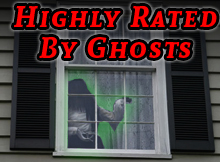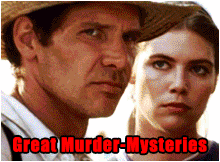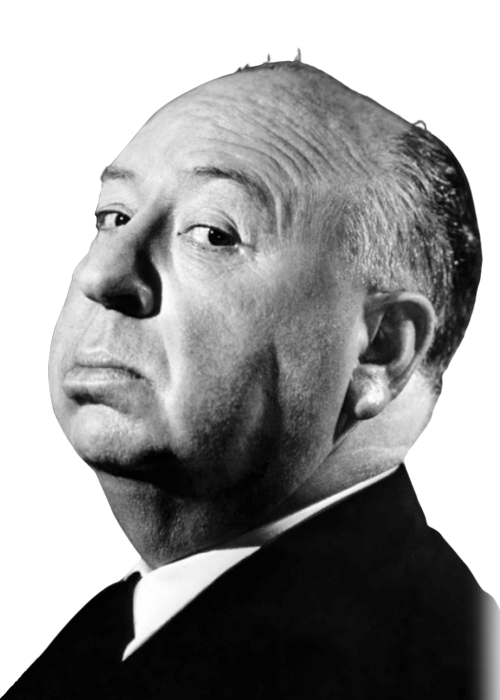
Alfred Hitchcock
Best known for his highly distinctive contributions to the suspense and psychological thriller film genres. His single most famous film, Psycho, came towards the end of an already distinguished career as a director, both in England and the United States.
He was dubbed “the master of suspense”, but even that title seems rather insufficient for Sir Alfred. Those who want to plumb the depths of this singular auteur’s body of work will never be short of complexities, idiosyncrasies, irony, paradox, paranoia, sexual deviance (Hitchcock likened Jimmy Stewart’s obsession in “Vertigo” to necrophilia), and great humor.
Hitch attributes his affinity for wrongly accused characters to an incident from his childhood. Born in London in 1899 to a strict religious family, Alfred was quiet, a loner, and well behaved. When he was six, though, his father sent him to the local police station with a note for the captain to lock him up for a few minutes as a warning to be good. His fear of the police lasted his entire lifetime, so much so that he never had a driver’s license because he feared being stopped.
Never drinking or dating until he was 23, Hitchcock detested surprises. This mania for order caused him to rarely deviate from a carefully planned course in either his life or the making of his films. He and his wife, Alma, always vacationed in the same cities, at the same hotels, insisting on the same suites at those hotels, and rarely going out.
Likewise, Sir Alfred planned his films so carefully that every part of every shot was worked out well before the cameras rolled. He never needed to look behind the camera, and, in fact, considered the actual filming of his vision a necessary evil — the creative satisfaction had already been reached. Though he had some difficulty with actresses like Kim Novak, many of his stars claimed that he rarely discussed their roles with them: he knew his job and respected them for knowing theirs. Consequently, he never forgave Paul Newman for giving him pages of notes on “Torn Curtain”.
His first films were silent pictures, in the ’20s, in London. Alfred moved to the U.S. to direct “Rebecca” for David O. Selznick in 1940, which earned him his only Oscar. Though it was a fruitful partnership, Hitchcock would produce most of his own films. “Shadow of a Doubt” (1943), one of his favorites, was his first big U.S. hit in his own genre. Reaching his peak in the ’50s and culminating with his most famous film, “Psycho” in 1960, Hitchcock was much less successful in the ’60s. He returned to London, though, to shoot “Frenzy” (1972), to great acclaim.
Primarily because of the extreme popularity of his television show, “Alfred Hitchcock Presents” and “The Alfred Hitchcock Hour”, which ran from 1955 to 1965, Hitch was easily the most famous director in America. Though he was shunned by the Academy for virtually his entire American career, he won countless other awards, and (like Jerry Lewis) was recognized early by the French for his particular genius.
Sir Alfred lived comfortably within the “oxymoron of popular artist”. He eschewed academic discussions of the complexity in his films primarily because he was afraid they would interfere with the box office. He was also genuinely surprised at how serious the critics regarded his work. The films are rife with wry absurdity, irony and comedy; like the dry wit, though, his humor often goes undetected — unless you watch for it diligently.
— Nate Lee
Memorable Quotes by Alfred Hitchcock
“There is a dreadful story that I hate actors. Imagine anyone hating James Stewart… I can’t imagine how such a rumor began. Of course it may possibly be because I was once quoted as saying that actors are cattle. My actor friends know I would never be capable of such a thoughtless, rude and unfeeling remark, that I would never call them cattle… What I probably said was that actors should be treated like cattle.”
“The length of a film should be directly related to the endurance of the human bladder.”
“There is no terror in the bang, only in the anticipation of it.”
“To me, Psycho (1960) was a big comedy. Had to be.”
“Always make the audience suffer as much as possible.”
“[His entire acceptance speech for the Irving Thalberg Memorial Award] Thank you.”
Things You May Not Know About Alfred Hitchcock
According to many people who knew Hitchcock, he could not stand to even look at his wife, Alma Reville, while she was pregnant.
He once dressed up in drag for a party he threw. Footage of this was kept in his office, but after his death, his office was cleaned out and the footage not found. It is not known if the footage still exists.
According to Hitchcock himself, he was required to stand at the foot of his mother’s bed, and tell her what happened to him each day.
As a child, Hitchcock was sent to the local police station with a letter from his father. The desk sergeant read the letter and immediately locked the boy up for ten minutes. After that, the sergeant let young Alfred go, explaining, “This is what happens to people who do bad things.” Hitchcock had a morbid fear of police from that day on. He also cited this phobia as the reason he never learned to drive (as a person who doesn’t drive can never be pulled over and given a ticket). It was also cited as the reason for the recurring “wrong man” themes in his films.
When finishing a cup of tea while on the set, he would often non-indiscriminately toss the cup and saucer over his shoulder, letting it fall (or break) wherever it may.
When he won his Lifetime Achievement award in 1979, he joked with friends that he must be about to die soon. He died a year later.
Great Scenes:
The ultra-famous shower scene is the essence of Hitchcock. Besides the terrifying shrieking violins, there are 75 cuts (no pun intended) in 45 seconds. Yet you never actually see steel touch flesh.
The other essence of Hitchcock: the silent terror of the plane trying to mow down Cary Grant on an open field with no place to run.
The chase scene on Mt. Rushmore is fun. Hitchcock claimed that he wanted to shoot Grant hiding in Lincoln’s nose and then having a sneezing attack.
The palpable dread of wife-killer and cutter-upper Raymond Burr catching Grace Kelly in his apartment is second only to the scenes of Burr looking across the courtyard right at the camera, right at Jimmy Stewart, right at us.
One of the greatest scenes in all Hitchcock, and one that hed been trying to figure out for fifteen years, is the vertigo” scene itself. Though he has a disabling fear of heights, Jimmy Stewart is running up the mission stairs after Kim Novak. He stops and looks down the staircase. The next shot is his POV, which conveys his dizziness through the now-famous “track (or dolly) out and zoom forward” maneuver.
The long pull in to Ingrid Bergman holding the key to the Mcguffin (wine cellar) just before she sneaks it to Cary Grant is more technical achievement than dramatic, but its a beauty.
Some Less Famous But Still Brilliant Scenes:
Watch the intercuts of Tippi Hedren sitting outside of the schoolhouse smoking and the birds gathering on the monkey bars behind her. She doesn’t notice them until every perching space is taken.
SHADOW OF A DOUBT
One of Hitch’s favorites. The close-up of Joseph Cotton spilling the beans at the dinner table about his view of widows is particularly chilling.
FRENZY
One of the best things about the DVD is the hilarious trailer, which starts with Hitch floating along the Thames like a dead body, belly up. Hitch, himself, takes us on a macabre tour of London with great humor and panache.
Just before the killer strikes again, we follow him and his victim up the stairs of his flat. When they go into the flat, the camera (and the audience) retreats backward (in horror?) down, around the winding stairs and out the street into Covent Garden — in one continuous shot.
The first of the Grace Kelly films. Hitchcock brought a smash play to the screen yet refused to “open it up,” barely showing anything but the apartment — and in so doing, exhibits his uncanny knowledge of where to place the camera and when to move it. The final scene, of trapping Ray Milland, is the best. Cool to the last, Milland only loses it for seconds before offering everyone drinks.
THE 39 STEPS
This early (1935) spy thriller is as full of humor and irony as it is of suspense. Robert Donat pretends to be an official speaking at an election rally in order to avoid both arrest and enemy agents. Every thing he says is about his predicament, yet it comes across as a rousing political speech.
The irony of the ending, too, when Donat forces “Mr. Memory” to reveal on stage the meaning of the 39 steps is brilliant.
Alfred Hitchcock’s directing credits include…
| Year | Movie |
|---|---|
| 1925 | The Pleasure Garden |
| 1926 | The Mountain Eagle |
| 1927 | The Lodger: A Story of the London Fog |
| 1927 | When Boys Leave Home |
| 1928 | The Farmer’s Wife |
| 1928 | Easy Virtue |
| 1928 | Champagne |
| 1929 | The Manxman |
| 1929 | Blackmail |
| 1930 | Juno and the Paycock |
| 1930 | Murder! |
| 1931 | The Skin Game |
| 1931 | Mary |
| 1931 | East of Shanghai |
| 1932 | Number 17 |
| 1934 | Strauss’ Great Waltz |
| 1934 | The Man Who Knew Too Much |
| 1935 | The 39 Steps |
| 1936 | Secret Agent |
| 1936 | Sabotage |
| 1937 | Young and Innocent |
| 1938 | The Lady Vanishes |
| 1939 | Jamaica Inn |
| 1940 | Rebecca |
| 1940 | Foreign Correspondent |
| 1941 | Mr. & Mrs. Smith |
| 1941 | Suspicion |
| 1942 | Saboteur |
| 1943 | Shadow of a Doubt |
| 1944 | Lifeboat |
| 1945 | Spellbound |
| 1946 | Notorious |
| 1947 | The Paradine Case |
| 1948 | Rope |
| 1949 | Under Capricorn |
| 1950 | Stage Fright |
| 1951 | Strangers on a Train |
| 1953 | I Confess |
| 1954 | Dial M for Murder |
| 1954 | Rear Window |
| 1955 | To Catch a Thief |
| 1955 | The Trouble with Harry |
| 1956 | The Man Who Knew Too Much |
| 1956 | The Wrong Man |
| 1958 | Vertigo |
| 1959 | North by Northwest |
| 1960 | Psycho |
| 1963 | The Birds |
| 1964 | Marnie |
| 1966 | Torn Curtain |
| 1969 | Topaz |
| 1972 | Frenzy |
| 1976 | Family Plot |
